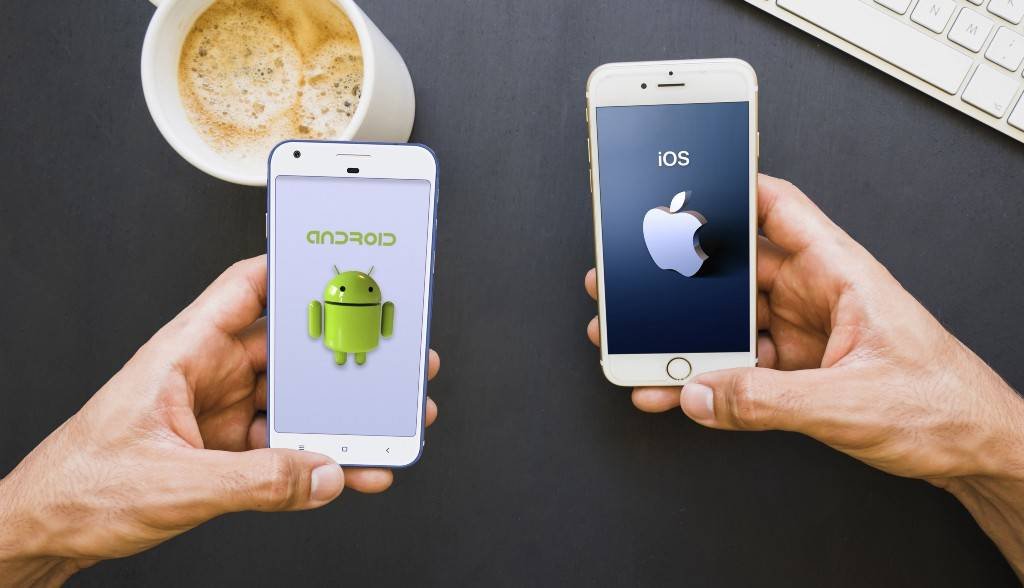In today’s tech-savvy world, the choice between Apple and Android devices has become a common dilemma for consumers. While both platforms offer a wide range of smartphones, tablets, and other gadgets, Apple consistently maintains a dedicated and fervent customer base.
Ecosystem Integration
One of Apple’s major selling points is its seamless ecosystem integration. Apple has designed its devices to work harmoniously together, creating a user experience that is second to none. For instance, an iPhone effortlessly syncs with an iPad, Mac, or Apple Watch, allowing users to switch between devices seamlessly. This level of integration enhances convenience and productivity for users invested in the Apple ecosystem.
User-Friendly Interface
Apple’s commitment to providing a user-friendly interface is another key factor driving its popularity. The iOS operating system is known for its intuitive design, making it accessible to users of all ages and technical backgrounds. The App Store, too, is well-curated, ensuring that users have access to high-quality, trusted apps. This simplicity and consistency in design contribute to a more enjoyable and frustration-free experience for Apple device users.
Software Updates
Apple consistently delivers timely software updates, ensuring that older devices receive the latest features and security enhancements. Android devices, on the other hand, are often plagued by fragmentation issues, as different manufacturers may not release updates as promptly or at all. This commitment to ongoing support adds longevity to Apple devices, making them a sound investment for consumers.
Build Quality and Design
Apple is renowned for its exceptional build quality and iconic design. Apple devices are known for their premium materials, sleek aesthetics, and attention to detail. These factors not only make Apple products visually appealing but also contribute to their durability. Consumers often appreciate the feel and look of Apple devices, which can become a status symbol in some cases.
App Ecosystem
The App Store, with its vast selection of high-quality apps, remains a significant draw for Apple device users. Many app developers prioritize iOS due to its user-friendly development environment and the willingness of Apple users to pay for apps and in-app purchases. This results in a richer and more diverse app ecosystem, which can be a compelling reason for people to choose Apple devices over Android alternatives.
Privacy and Security
Privacy and security are growing concerns in the digital age. Apple has consistently positioned itself as a champion of user privacy and security. Features like Face ID and Touch ID, as well as encryption standards, are designed to protect user data. Furthermore, Apple’s strict app review process helps ensure that malicious apps are less likely to make it onto the App Store. This emphasis on privacy and security resonates with consumers who prioritize the protection of their personal information.
Customer Support and Service
Apple’s customer support and service are often cited as exemplary. The company’s AppleCare program provides extended warranty coverage and access to technical support, giving users peace of mind. Apple’s retail stores and authorized service providers are widespread, making it easy for customers to receive in-person assistance when needed. The combination of reliable products and excellent customer support creates a positive experience for Apple device users.
Brand Loyalty and Community
Apple has cultivated a passionate and loyal customer base over the years. Many users stick with Apple products because they are familiar with the ecosystem, appreciate the brand’s values, and find a sense of community among fellow Apple enthusiasts. This brand loyalty often plays a significant role in the decision to purchase Apple devices repeatedly.
Conclusion
The decision to choose Apple devices over Android alternatives is driven by a combination of factors, including ecosystem integration, user-friendly interfaces, consistent software updates, build quality, the rich app ecosystem, privacy and security features, customer support, and brand loyalty.

